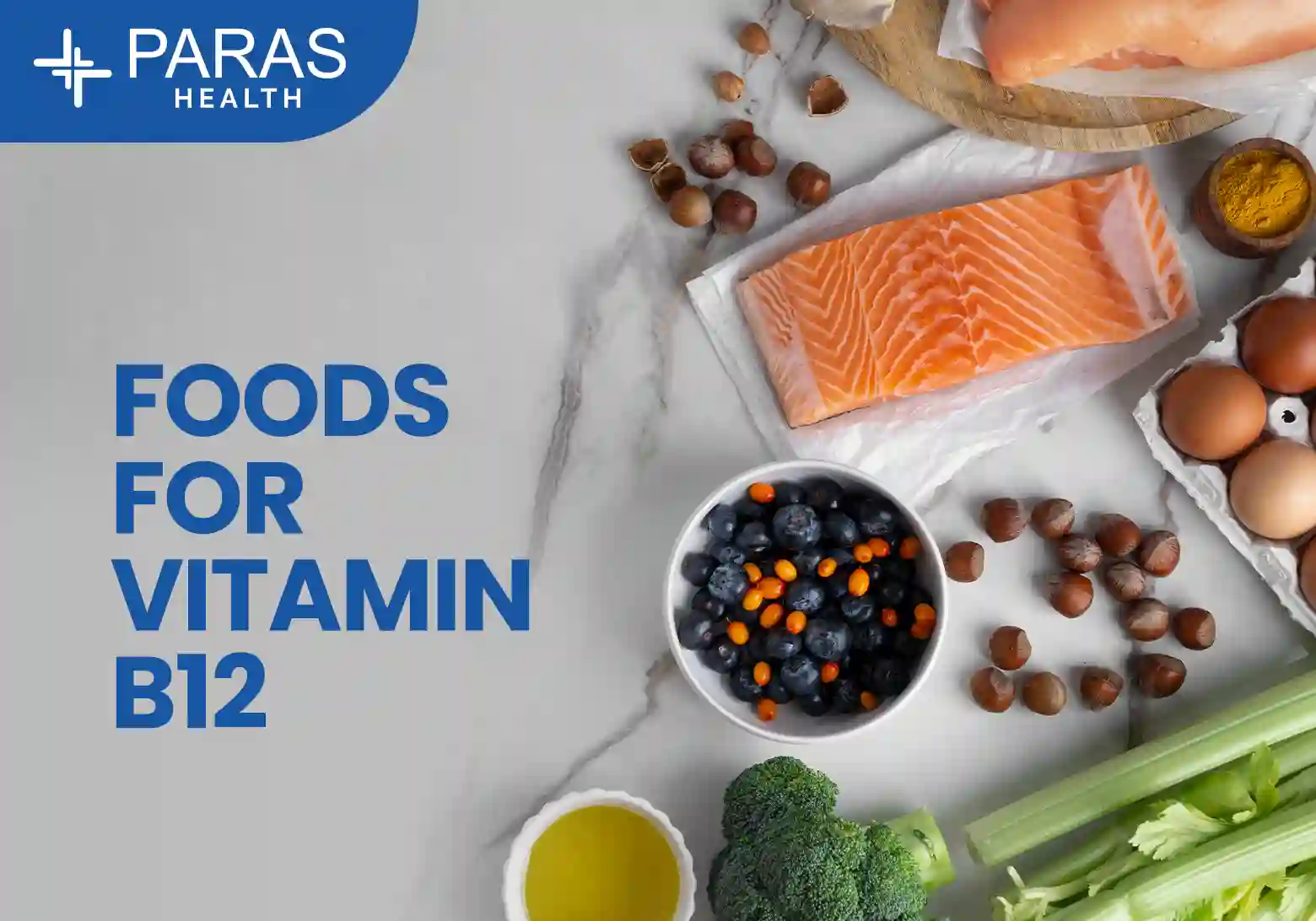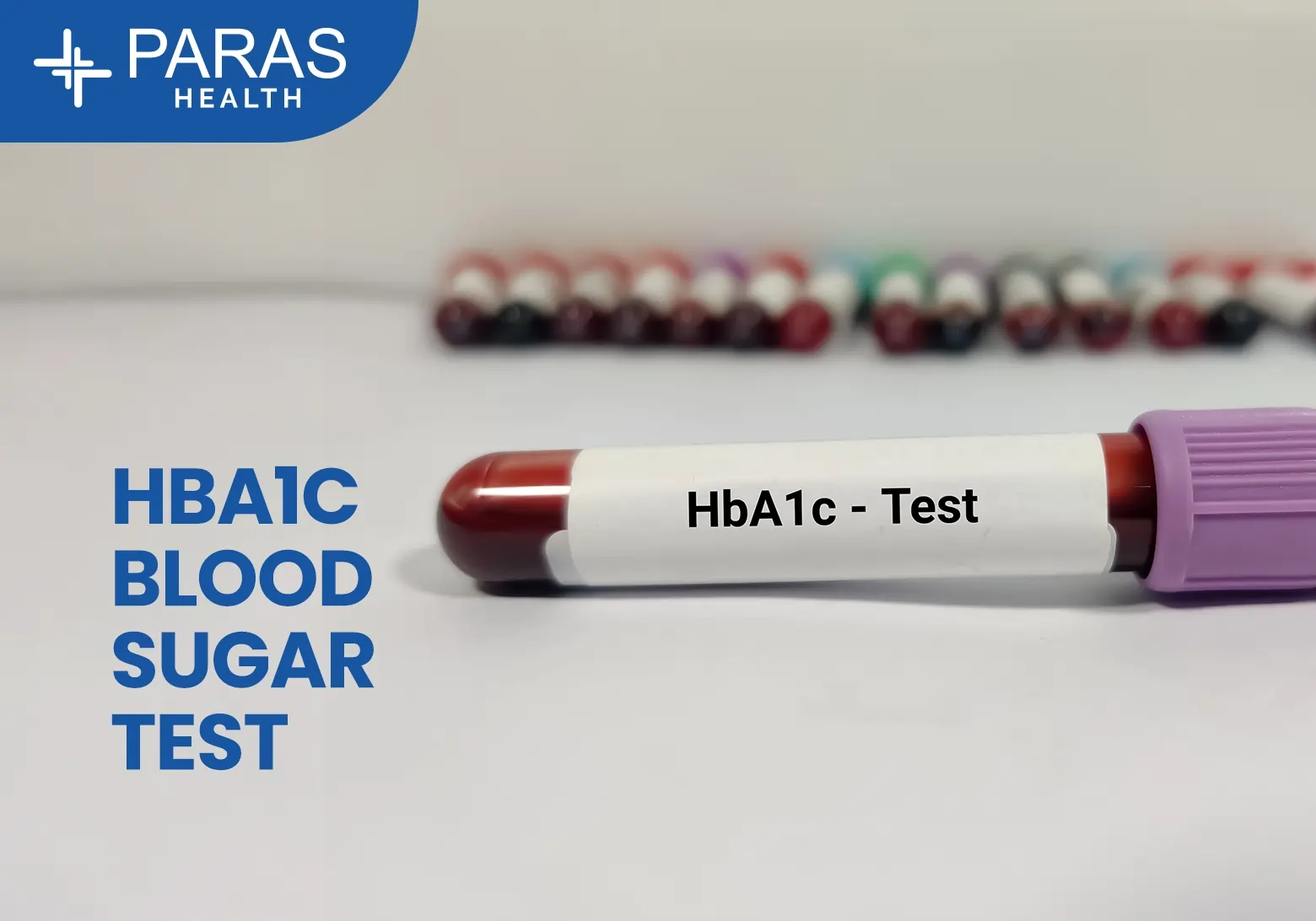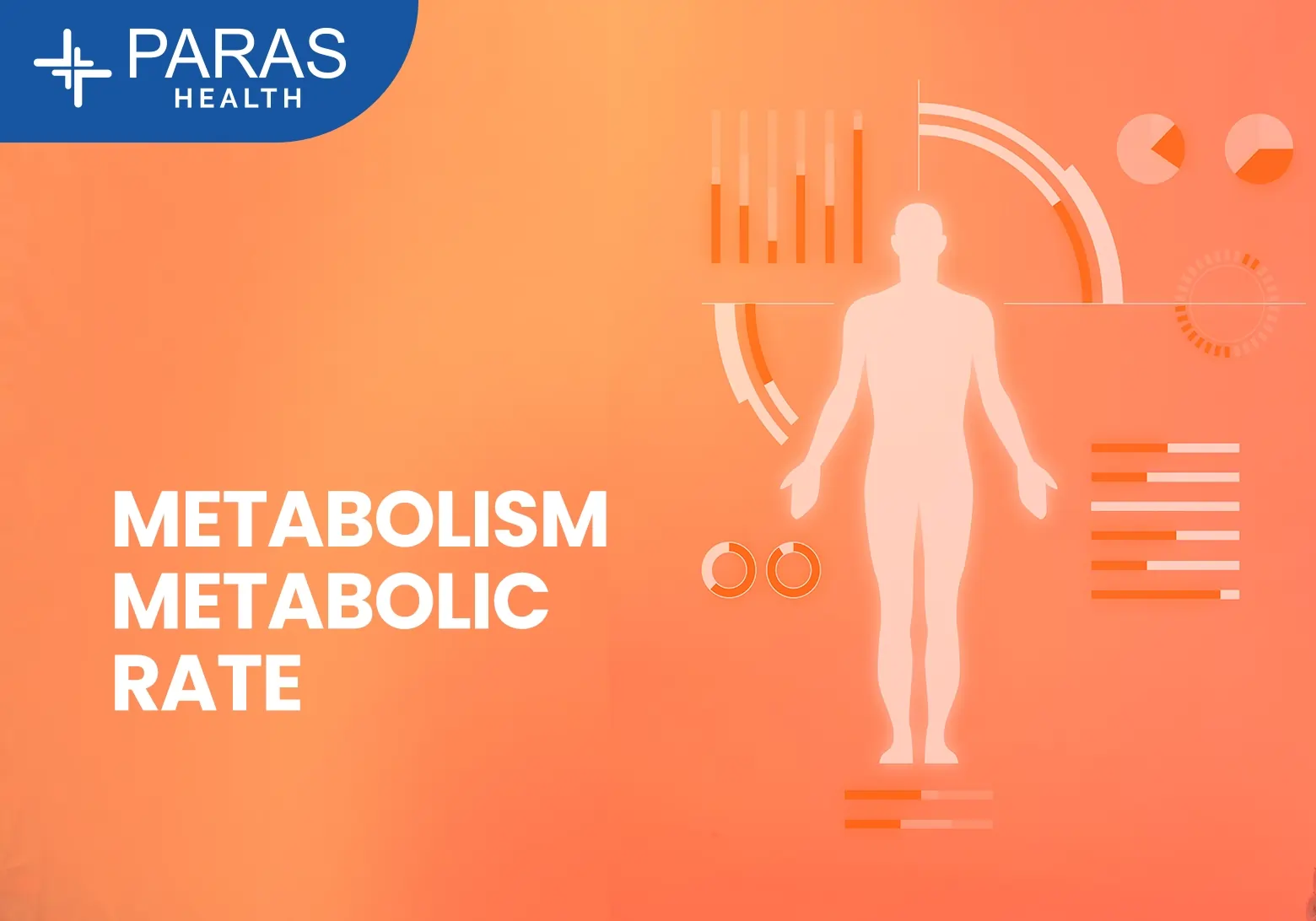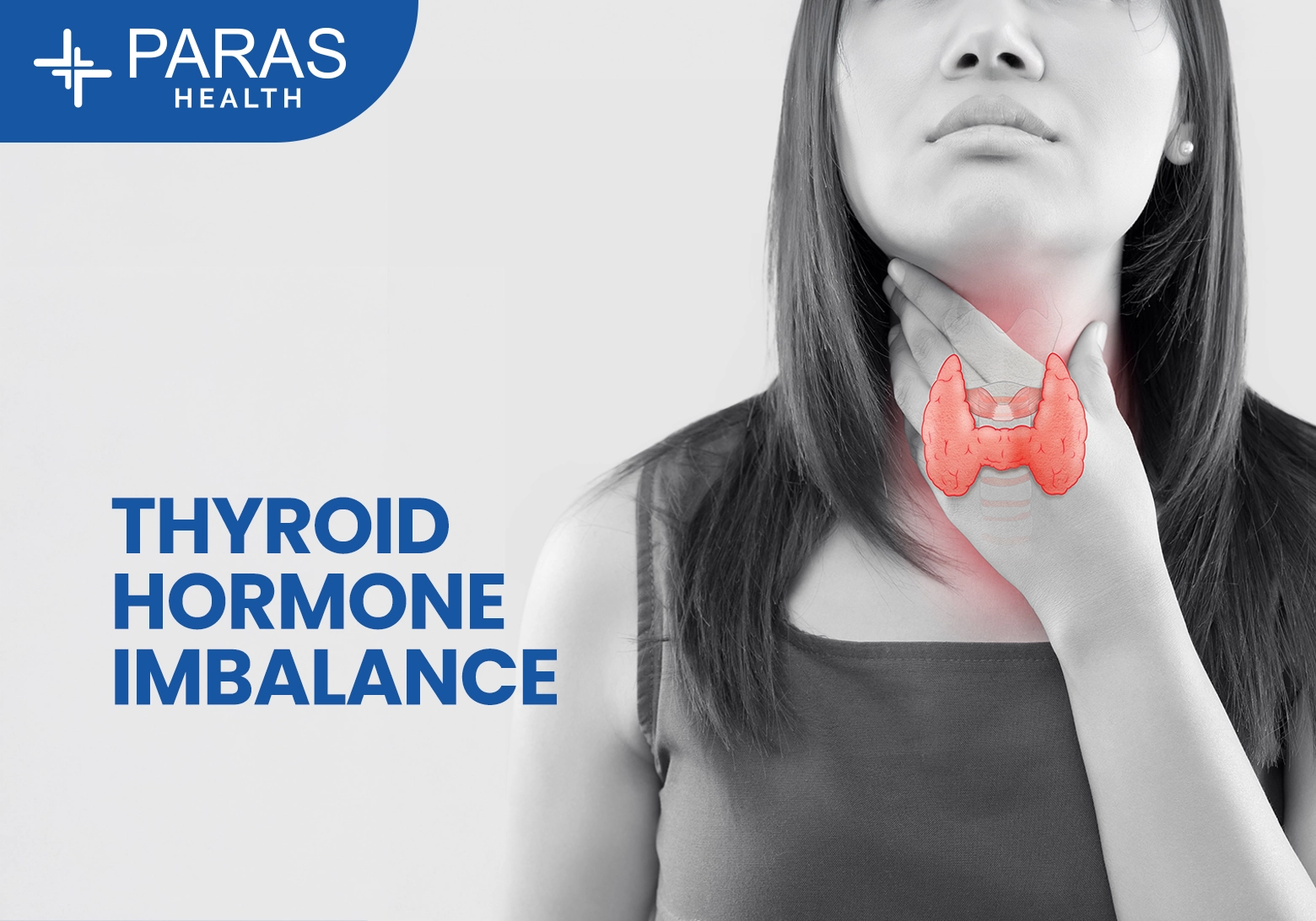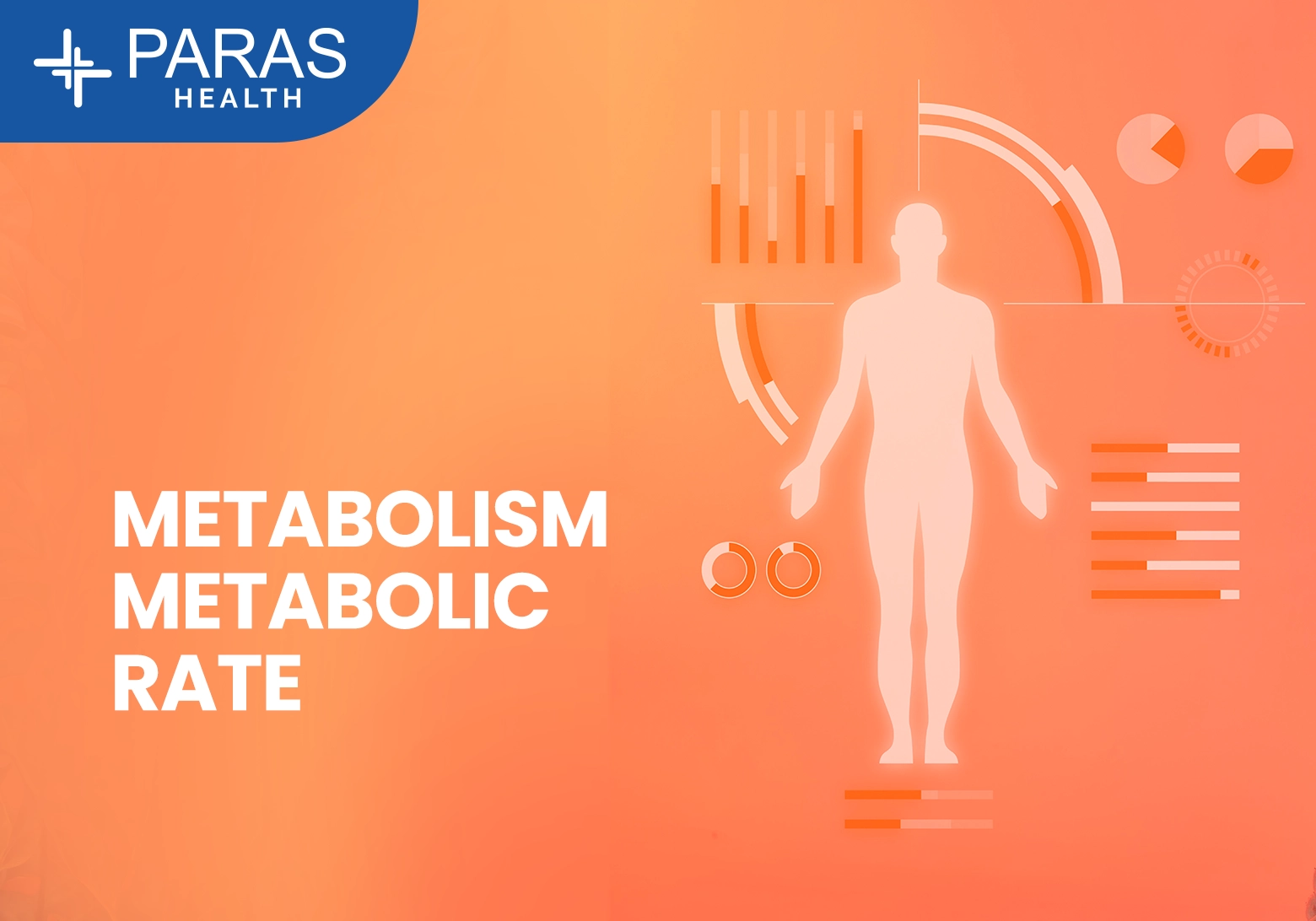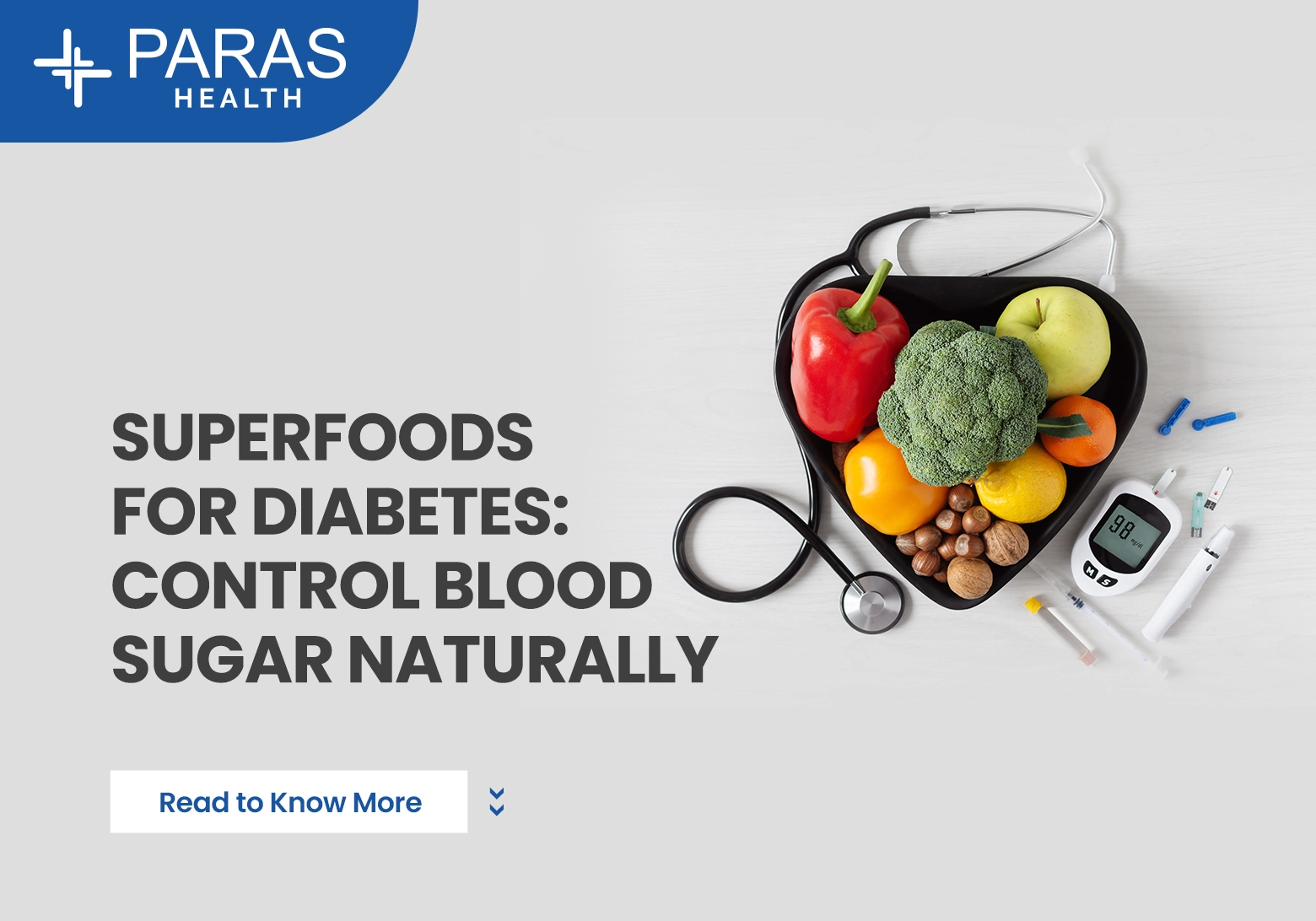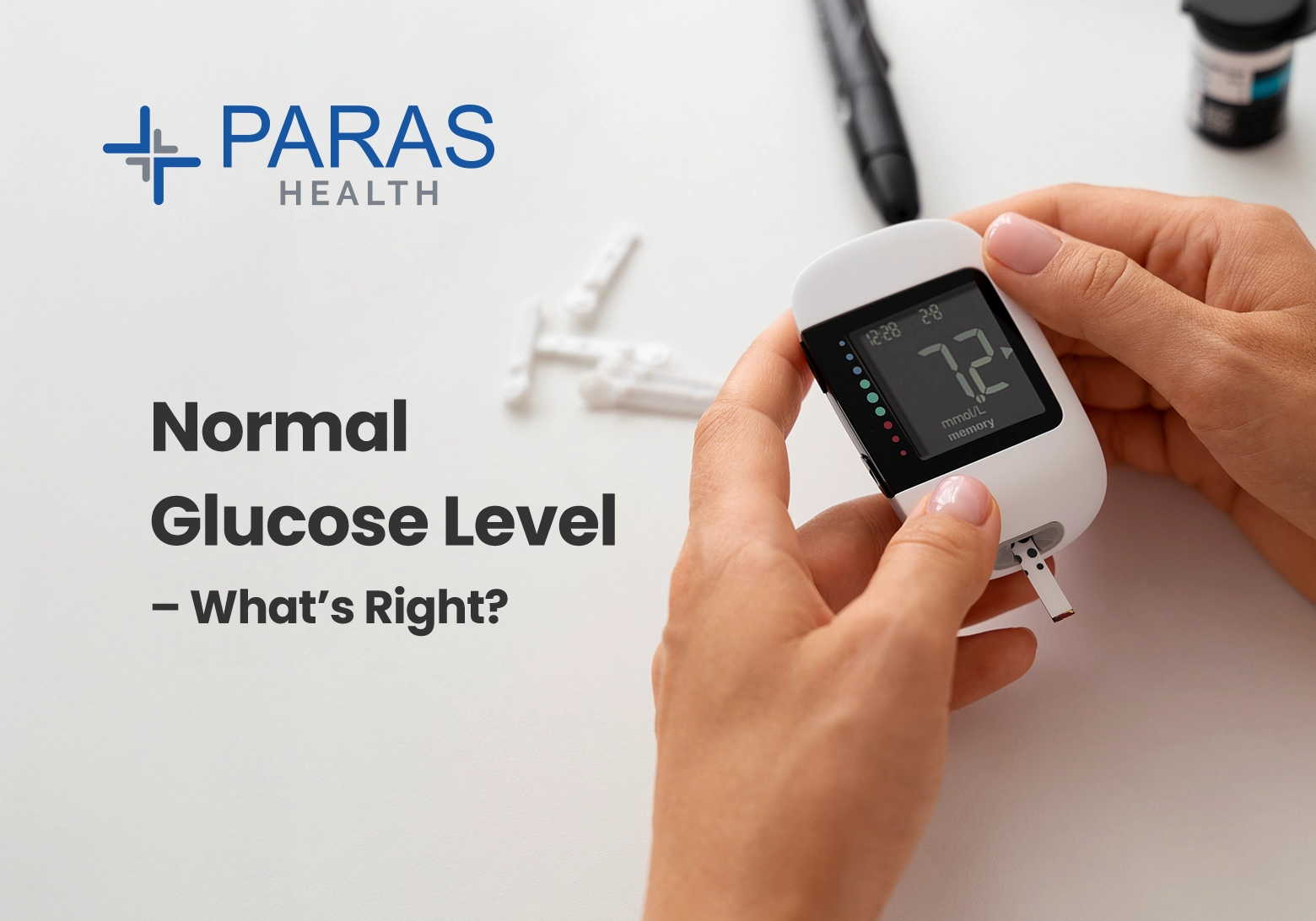Foods for Vitamin B12: Natural Sources, Benefits, and Complete Guide for a Healthy Life
Oct 30, 2025
Have you ever wondered why, even after eating well, you sometimes feel tired, dizzy, or forgetful? One possible reason could be a Vitamin B12 deficiency.
This essential nutrient might be small in quantity, but it plays a big role in how your body functions every single day — from making red blood cells to keeping your nerves healthy.
Let’s dive deep into everything you need to know about foods rich in Vitamin B12, their health benefits, and how you can include them easily in your daily diet.
What is Vitamin B12 and Why Do You Need It?
Vitamin B12 (also known as Cobalamin) is a water-soluble vitamin that supports several vital body processes. It helps in:
-
Producing red blood cells, which carry oxygen throughout your body.
-
Maintaining nerve health, which supports movement, reflexes, and brain signals.
-
DNA synthesis, which is important for cell growth and repair.
-
Boosting mood and focus, by aiding the production of serotonin and other brain chemicals.
Since your body cannot make Vitamin B12 on its own, you must get it from food or supplements. A deficiency can lead to fatigue, weakness, anaemia, and even nerve damage if ignored for long.
Key Facts about Vitamin B12
|
Key Fact |
Details |
|
Scientific Name
|
Cobalamin |
|
Type |
Water-soluble vitamin
|
|
Daily Requirement
|
2.4 micrograms (µg) for adults
|
|
Where It’s Stored |
Liver (for up to 3–5 years)
|
|
Deficiency Risk
|
Vegetarians, vegans, elderly people, and those with digestive issues
|
|
Primary Functions |
Red blood cell production, nerve health, brain function |
|
Sources |
Meat, fish, eggs, dairy, fortified foods |
Did you know?
Even if you eat well, your body may not absorb Vitamin B12 properly if you have gastric issues or low stomach acid. That’s why older adults often need fortified foods or supplements.
Top Foods Rich in Vitamin B12
Here’s a complete look at the best natural and fortified Vitamin B12 food sources you can include in your daily diet.
Fish and Seafood – The King of B12 Foods
When it comes to foods rich in Vitamin B12, fish and seafood top the list.
Varieties like salmon, tuna, sardines, mackerel, and trout are packed with B12 and protein.
-
Salmon is a powerhouse — just 100 grams provides over 200% of your daily B12 requirement.
-
Clams and crabs are among the richest natural sources of B12 found in nature.
-
Seafood also offers omega-3 fatty acids, which improve heart and brain health.
Tip: Prefer grilled, steamed, or baked fish instead of fried versions to retain nutrients and keep your meals heart-healthy.
Meat – Traditional Source of Vitamin B12
If you eat meat, it’s one of the most direct and efficient sources of Vitamin B12.
-
Beef, lamb, pork, and chicken provide a complete package of protein, iron, and B12.
-
Organ meats like liver and kidneys have the highest concentration — just one small serving can cover your weekly B12 needs.
B12 from animal sources is easily absorbed, which makes meat a great option for those with higher nutritional demands like athletes, young adults, and people recovering from illness.
Health Tip: Choose lean cuts of meat to avoid excess fat and cholesterol while still getting enough B12.
3. Eggs – Compact and Convenient Source of B12
For vegetarians who consume eggs, these are one of the simplest ways to meet daily Vitamin B12 needs.
-
The yolk contains more Vitamin B12 than the white part.
-
Eating one or two eggs per day can significantly boost your levels.
You can include eggs in multiple ways — boiled, poached, scrambled, or in omelets. They also provide high-quality protein, vitamin D, and choline, all of which contribute to brain and muscle health.
Dairy Products – Everyday B12 Boosters
Dairy foods like milk, yogurt, cheese, and paneer are excellent natural sources of Vitamin B12.
They’re also easily available and suitable for most vegetarian diets.
-
A glass of milk offers about 18% of daily Vitamin B12.
-
Yogurt helps maintain gut health while supporting B12 absorption.
-
Paneer and cheese can be added to meals for extra protein and calcium.
Pro tip: Use low-fat or toned dairy products to balance calorie intake without losing nutrients.
Fortified Foods – A Must for Vegans
People following a vegan diet cannot get B12 naturally from plant foods because plants don’t produce it.
However, food manufacturers add Vitamin B12 to many fortified products, such as:
-
Breakfast cereals (check the label for “Vitamin B12 added”)
-
Plant-based milks – soy, almond, oat, or coconut milk
-
Fortified tofu or nutritional yeast
Including one serving of fortified cereal or plant milk daily can easily meet your Vitamin B12 requirement.
These are often labeled as Vitamin B12 fortified foods for vegans and are ideal for those avoiding animal products.
Plant-Based Foods – Limited Yet Helpful
Naturally, plant foods contain very little or no Vitamin B12.
But certain fermented and fortified items can provide small amounts:
-
Tempeh, a fermented soy product, contains traces of B12.
-
Nori seaweed and mushrooms grown in enriched soil may offer minimal B12 levels.
While these can add variety to your meals, they shouldn’t be your main source of Vitamin B12. Always combine them with fortified foods or supplements if you’re fully plant-based.
Quick Reference: Vitamin B12-Rich Foods List
| Category |
Food Items |
B12 Content (approx.) |
|---|---|---|
|
Fish & Seafood |
Salmon, Tuna, Sardines, Mackerel, Trout, Clams, Crabs |
Very High |
|
Meat |
Beef, Lamb, Pork, Chicken, Liver, Kidney |
High |
|
Eggs |
Whole Eggs, Egg Yolks |
Moderate |
|
Dairy |
Milk, Yogurt, Cheese, Paneer |
Moderate |
|
Fortified Foods |
Cereal, Plant-based Milks, Nutritional Yeast |
High (if fortified) |
|
Plant-based (Fermented) |
Tempeh, Nori, Enriched Mushrooms |
Low |
Health Benefits of Vitamin B12
Getting enough Vitamin B12 through diet isn’t just about avoiding deficiency — it brings a wide range of health benefits too.
Boosts Energy and Reduces Fatigue
Vitamin B12 plays a key role in converting the food you eat into usable energy. Low B12 levels can make you feel constantly tired or lethargic.
Regular intake helps you stay active, alert, and focused throughout the day.
Sharpens Brain and Memory
B12 is crucial for maintaining cognitive function and supporting the brain’s communication system.
Research suggests that sufficient B12 may help prevent memory loss and mental fog, especially in older adults.
Supports Red Blood Cell Formation
Vitamin B12 is directly involved in producing healthy red blood cells.
A deficiency leads to large, immature cells called megaloblasts, which can’t carry oxygen efficiently, resulting in anaemia, weakness, and shortness of breath.
Maintains Nerve and Mood Health
Vitamin B12 keeps the myelin sheath — the protective layer around your nerves — strong and functional.
It also supports the production of serotonin, which helps stabilize mood, reducing the risk of depression and irritability.
Protects the Heart
High levels of homocysteine (an amino acid) are linked to heart problems.
Vitamin B12 helps break it down, lowering your risk of heart disease and stroke when combined with a healthy lifestyle.
Supports Pregnancy and Baby’s Growth
During pregnancy, B12 ensures proper brain and nervous system development in the baby.
Low B12 in expecting mothers can lead to birth defects or developmental delays, which is why prenatal supplements often include B12 along with folate.
How to Get Enough Vitamin B12 from Your Meals
It’s easy to meet your daily B12 needs by planning your meals smartly.
Here’s a sample day’s menu that balances taste and nutrition:
| Meal |
Example |
Approx. B12 (µg) |
|---|---|---|
|
Breakfast |
Fortified cereal + milk |
1.0 |
|
Mid-morning snack |
Boiled egg or fortified soy milk |
0.6 |
|
Lunch |
Chicken breast / Paneer wrap |
0.9 |
|
Evening snack |
Yogurt with fruits or nuts |
0.5 |
|
Dinner |
Grilled fish / Dal with fortified tofu |
1.2 |
If you are vegan or vegetarian, always ensure at least one fortified item in your day, such as plant milk or cereal.
Signs and Symptoms of Vitamin B12 Deficiency
If your diet lacks enough B12, symptoms can appear gradually.
Look out for:
-
Constant fatigue or weakness
-
Pale or yellowish skin
-
Tingling sensation in hands and feet
-
Mood swings or depression
-
Poor memory or confusion
-
Shortness of breath or rapid heartbeat
If these signs persist, consult your doctor. A Vitamin B12 blood test can easily detect deficiency, and timely treatment can reverse most symptoms.
Tips for Vegetarians and Vegans
Many Indians follow a vegetarian diet, so here’s how you can maintain healthy B12 levels naturally:
-
Include fortified foods in breakfast daily.
-
Drink fortified plant milk (soy, almond, oat) instead of regular milk if vegan.
-
Sprinkle nutritional yeast on salads or soups for a B12 boost.
-
Combine B12 foods with iron and folate-rich foods like lentils and spinach for better blood health.
-
Get your B12 levels tested once a year and take supplements if advised by your doctor.
Quick Summary Table
|
Category |
Food Examples |
Key Benefit |
|
Seafood |
Salmon, tuna, clams, crab |
Highest natural source, supports brain & heart |
|
Meat |
Chicken, beef, liver |
Rich in B12 and protein |
|
Dairy |
Milk, yogurt, paneer |
Everyday vegetarian source |
|
Eggs |
Boiled, poached |
Easy to digest and versatile |
|
Fortified Foods |
Cereals, soy milk |
Perfect for vegans |
|
Plant Foods |
Tempeh, seaweed |
Supplemental addition |
Key Takeaways
-
Vitamin B12 is vital for red blood cell production, brain function, and energy.
-
Non-vegetarian foods like fish and meat are the richest sources.
-
Vegetarians and vegans should rely on fortified foods or supplements.
-
A well-planned diet can prevent anaemia, fatigue, and nerve issues.
-
Keep your meals diverse and balanced for lifelong wellness.
FAQs
What are the best foods rich in Vitamin B12?
Fish, chicken, eggs, dairy, and fortified cereals are some of the best natural and dietary sources of Vitamin B12.
Which vegetarian foods contain Vitamin B12?
Vegetarian foods like milk, paneer, cheese, yogurt, and fortified plant milks provide good amounts of Vitamin B12.
Can vegans get Vitamin B12 naturally from food?
No, vegans must depend on fortified foods like plant milks, cereals, or nutritional yeast to meet their B12 requirements.
What are the symptoms of Vitamin B12 deficiency?
Fatigue, pale skin, numbness in hands or feet, mood swings, and memory issues are common signs of low B12 levels.
How can I increase Vitamin B12 through diet?
Add seafood, eggs, dairy, or fortified foods daily. Vegans should rely on plant-based fortified products.
Do milk and eggs have Vitamin B12?
Yes, milk and eggs are rich natural sources of Vitamin B12, ideal for vegetarians to maintain daily requirements.
How much Vitamin B12 do adults need daily?
An average adult needs about 2.4 micrograms (µg) of Vitamin B12 each day for optimal health.
Is Vitamin B12 good for brain and nerve health?
Yes, it supports nerve function, improves memory, and helps in mood regulation.
Can low Vitamin B12 cause weakness or anaemia?
Yes, a deficiency affects red blood cell production, leading to tiredness and anaemia.
What’s the best time to consume Vitamin B12-rich foods?
It’s best to eat Vitamin B12 foods or supplements in the morning with meals to boost energy throughout the day.
Final Thoughts
Vitamin B12 is a nutrient your body truly depends on — for energy, focus, and long-term vitality.
By making small yet smart dietary choices — like adding fortified breakfast cereal, a glass of milk, or a serving of fish — you can easily meet your daily needs and feel healthier overall.
So the next time you plan your meals, remember to add a Vitamin B12 food source. Because when your B12 levels are right, your energy, focus, and mood all fall into place.



